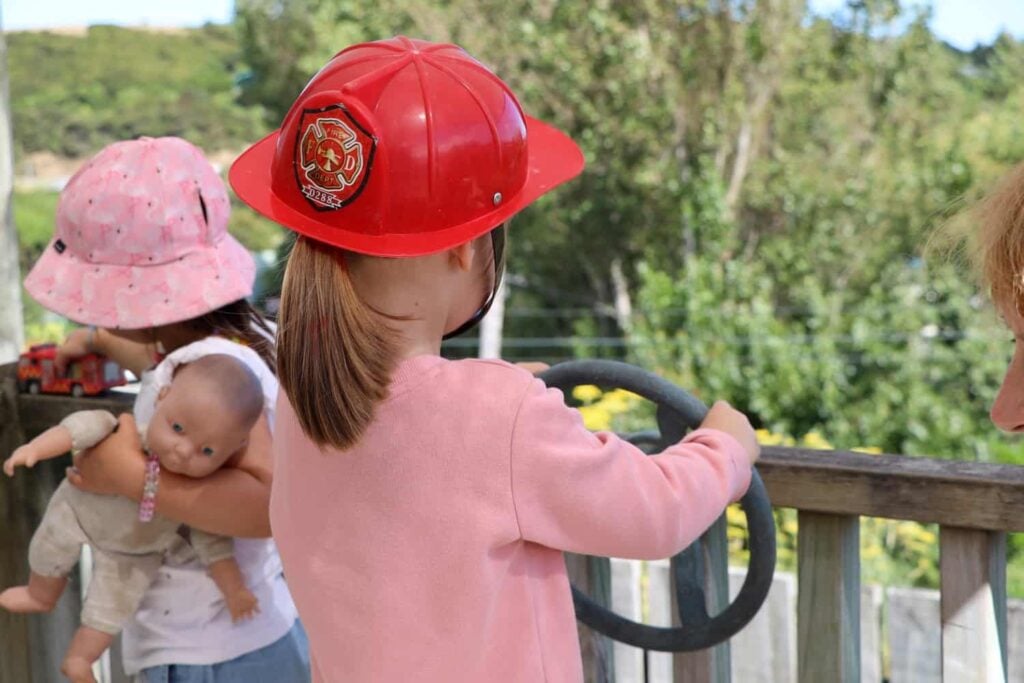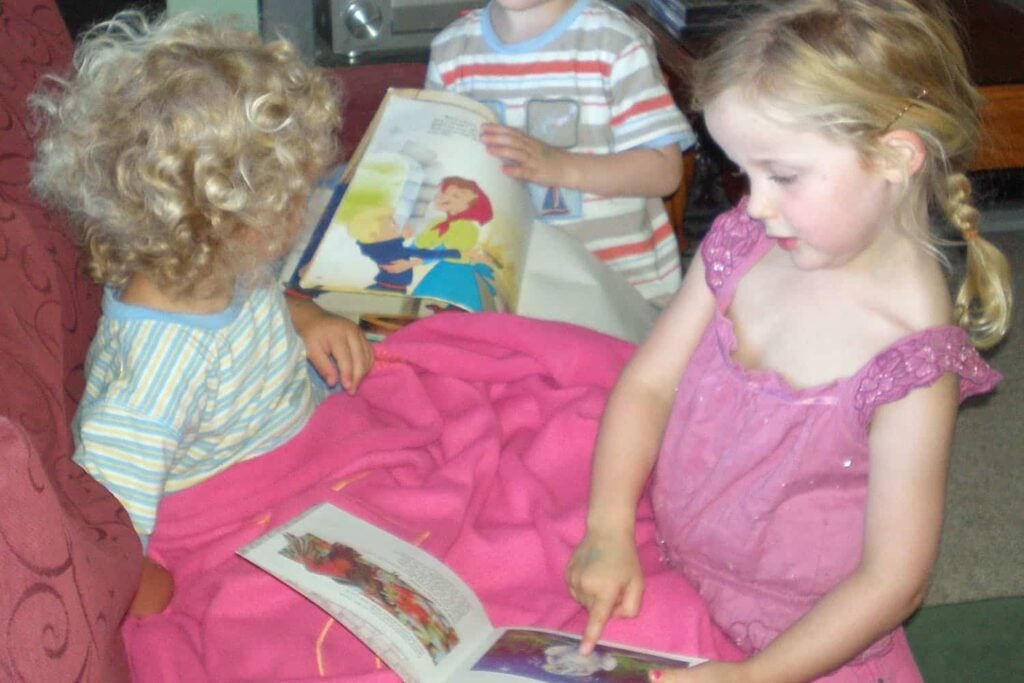
Any service that has vacancies and does not have full attendance for the number of licensed places and hours open, may provide parents with a discount if they ask. This is because every child attracts a government subsidy for up to 30 hours of attendance a week, and services may calculate that it is better to receive this subsidy (and charge no fees or offer a discount) than to leave the space unfilled.
Large nation-wide chains, such as Kindercare and BestStart, and service providers that are dominant in a region, may offer childcare fee discounts to entice new enrolments to boost capacity and in turn create more demand to support business growth.
Some Kindergarten Association allow 2-year-olds to attend and pay the same charges as the 3 to 5-year-old children on 20-Hours ECE funding. But families need to ask as this is not usually advertised.
A rough guide to childcare fees and charges

Dr Sarah Alexander, an expert on childcare quality says that the price does not reflect the quality and a service with low fees can be as good for children as a service with high fees.
All services can charge what they want.
- Services in higher socio-economic areas where parents can afford to pay more, tend to charge higher fees.
- Private for- profit services on average charge more than not-for-profit community-based services.
The government does not set early childhood education fees.
Home-based education fees can be as little as $5 an hour and up to $12 or more. Some agencies set a standard fee, but most let their educators decide what they will charge parents.
Playcentres are known to be the most affordable early childhood service – some centres request a donation or small fee per term – on average $30 per term. If you are eligible for a WINZ childcare subsidy you could well pay nothing.
Kindergarten Associations could not charge fees back in the day, but regulations were changed to allow kindergartens to charge fees. Kindergarten Associations receive a higher public subsidy per hour per child under 20 Hours and 30 Hours funding schemes compared with all other ECE services. The higher funding, and the fact that kindergartens are not-for-profit organisations can see parents asked to pay as little as $3.00 per hour for any hours of care above 20-Hours. However, some kindergarten associations may charge more for children that attend over 20 hours.
At other ECE centres the hourly charge for children not receiving 20-Hours ECE funding is usually around $5.00 to $8.00 an hour. Some centres charge a set fee per part or full-day or week.
Fee rates for under-two-year-olds are usually at the higher end because services are required to have at least 1 adult to every 5 children under 2 years compared to a minimum of 1 adult to 10 children over 2 years. The staffing ratios for 2-year-olds is the same as for 3- and 4-year-olds.
A childcare subsidy is available depending upon the level of family income to help cover the childcare fees. The WINZ Childcare Subsidy can help to partially or fully cover fees up to 9 hours a week where the parent/ caregiver is not working and extends up to 50 hours a week where the parent/caregiver is working or in training.
Other charges in addition to the childcare fees
Parents can be caught out by additional charges and not factor these in when choosing an early childhood service.
- Some services require parents to pay for hours they do not use or don’t need including statutory holidays, absences, and when the service may have a forced shut down due to something like a prolonged power cut or to contain the spread of an infectious disease (e.g. measles).
- Some services may charge a levy in lieu of fundraising and add a charge for compulsory membership to associations the service belongs to.
- services may ask parents to provide or pay for things like tissue boxes, outings and excursions, lunches and snacks, nappy washing etc.
- some services charge an enrolment fee which may not be refundable if parents change their mind.
Indirect costs families can experience
Apart from fees, there may travel costs if the service is not at your own work or home – and possibly parking charges too!
A significant cost for many parents especially during the first year of care is the cost of sickness, medical bills, prescriptions, and staying at home and taking time off from work. When children get sick, adults often do too.
Other costs may include buying a lunch-box and drink bottle and school bag, clothing and sunhats as might be stipulated by the service.
When parents donate their time, this can cost in lost wages and in lost time that could be spent doing other things. Voluntary contributions may include mowing the lawn, taking the aprons home to wash, participating in and organising fund-raisers, participating in parent committees or giving time in consultation meetings or filling out questionnaires.








